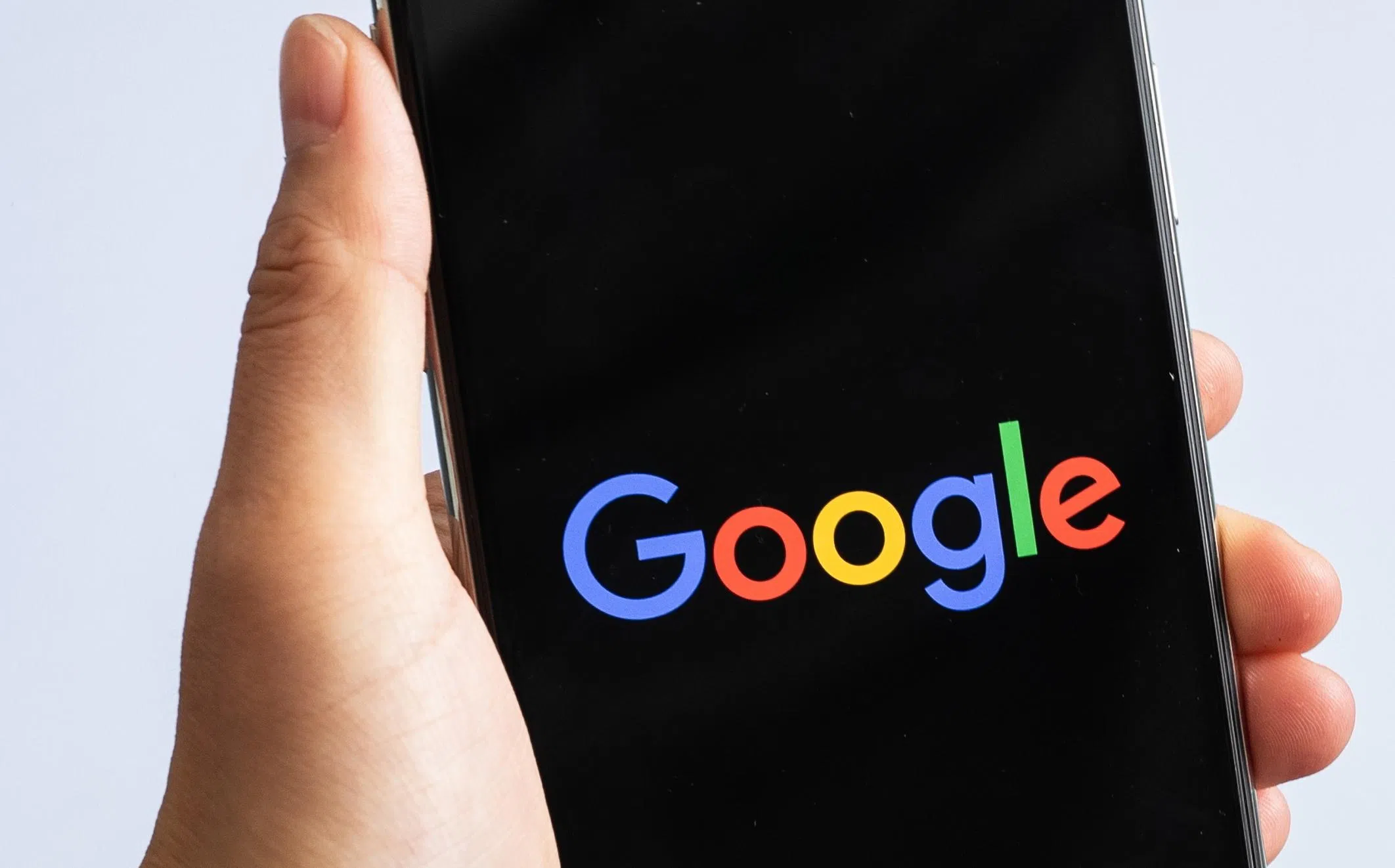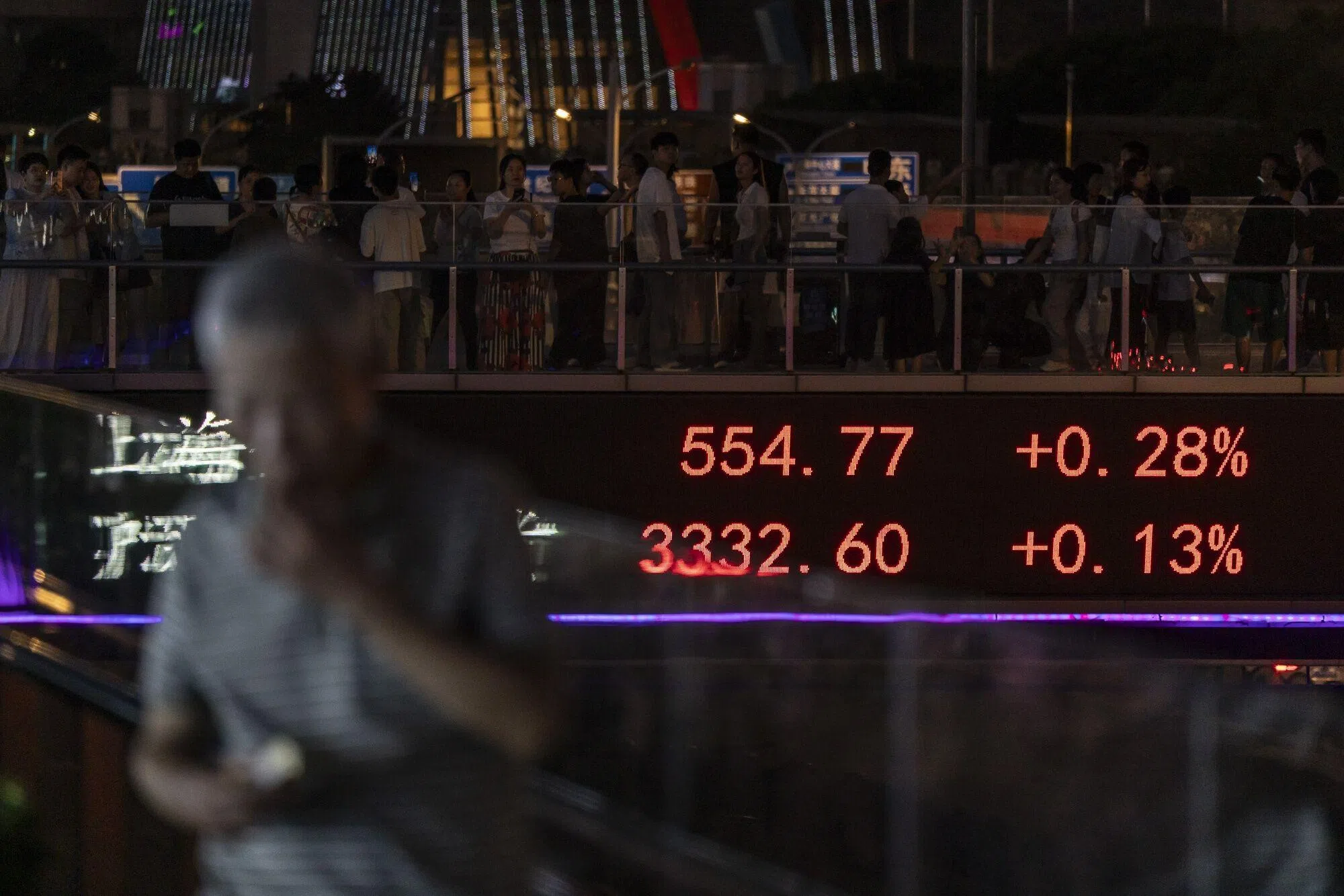GOOGLE has worked with local telcos to launch Rich Communication Services (RCS) business messaging for RCS-enabled Android users in Singapore.
On Thursday (Aug 15), Google announced at its Safer With Google event in Singapore that it has worked with Singtel, StarHub, M1 and Simba to enable RCS business messaging. Users who receive such messages will see a verified mark on RCS business messages.
The service is expected to build cyber resilience and trust in the mobile ecosystem as messages sent through RCS will be marked as “verified”.
Companies will need to work with their messaging partners, or aggregators, whom they send SMSes with, to send such messages to users.
Google said that aggregators and telcos will verify a company’s legal identity and sender ID against Singapore’s SMS Sender ID Registry to ensure that messages are sent only by legitimate brands.
RCS is a instant messaging standard that was originally developed in 2008 by the industry trade group GSMA Association as a successor to SMS.
BT in your inbox
Start and end each day with the latest news stories and analyses delivered straight to your inbox.
SMS, which was designed in 1993, has been seen as antiquated for some time as its messages are unencrypted and can be intercepted or tampered with. Malicious actors could intercept messages containing critical information, such as one-time passwords, to access a victim’s online accounts.
RCS messages, which are sent over telcos’ data networks instead of their cellular network, have been touted as being more secure as they are encrypted. Such messages also enable features such as videos, images and other interactive elements.
While Google had begun rolling out RCS message support for Android users through its Messages app since at least 2019, iPhone users are expected to gain access to such messages later this year with the release of iOS 18, the next version of Apple’s mobile operating system.
Aside from messages, Google announced that it will verify government apps with a unique “Government” badge on the Play Store to clearly identify authentic government apps such as CPF Mobile, Scamshield and Singpass.
The company said that it has also blocked close to 900,000 high risk app installation attempts on Android phones from Internet side-loading sources with its enhanced fraud protection feature on Google Play Protect, which was launched in February this year.
The feature, which was developed with the support of the Cyber Security Agency of Singapore, is meant to safeguard users from malware that can be used by scammers to gain unauthorised access to a user’s phones and their apps, such as banking and e-commerce apps.




